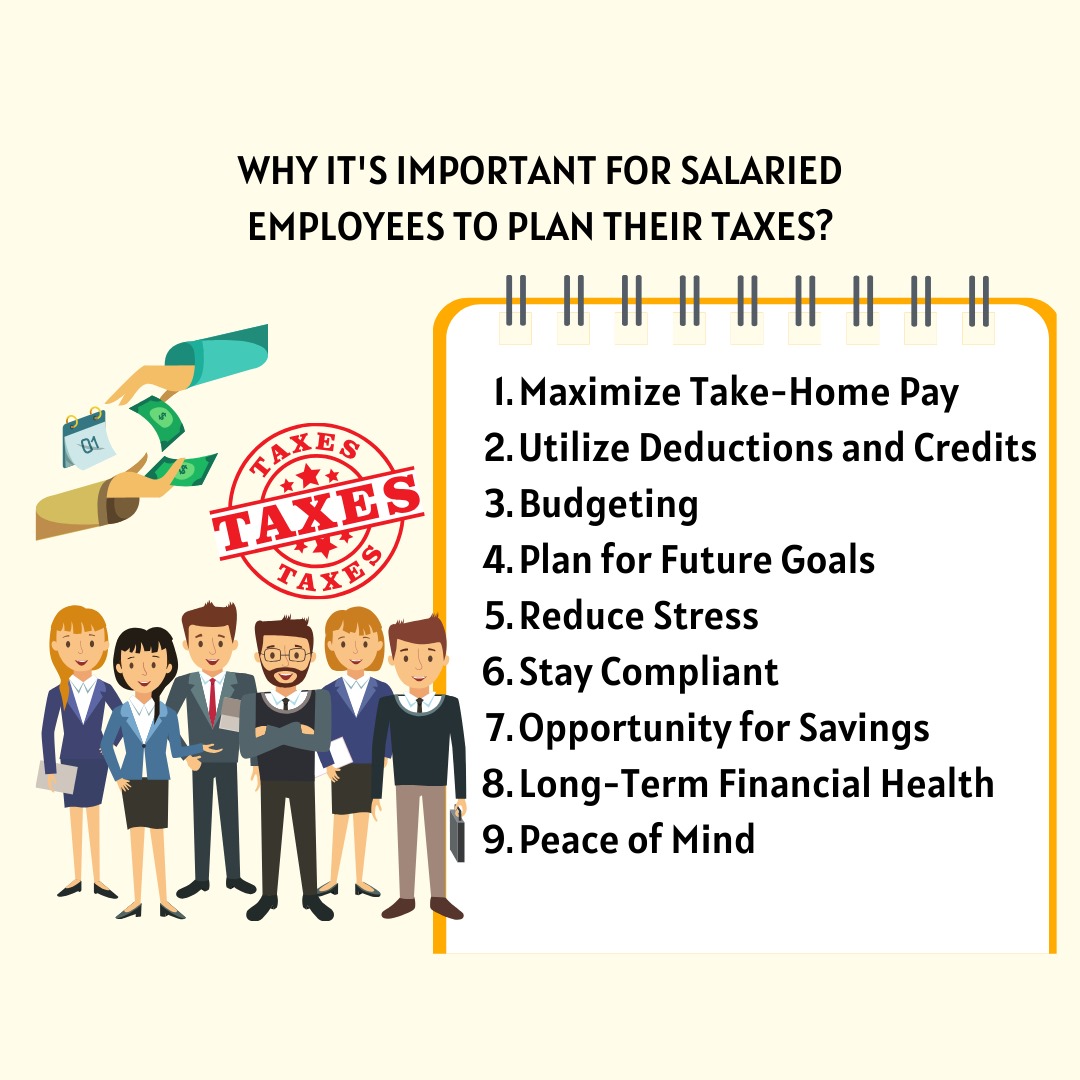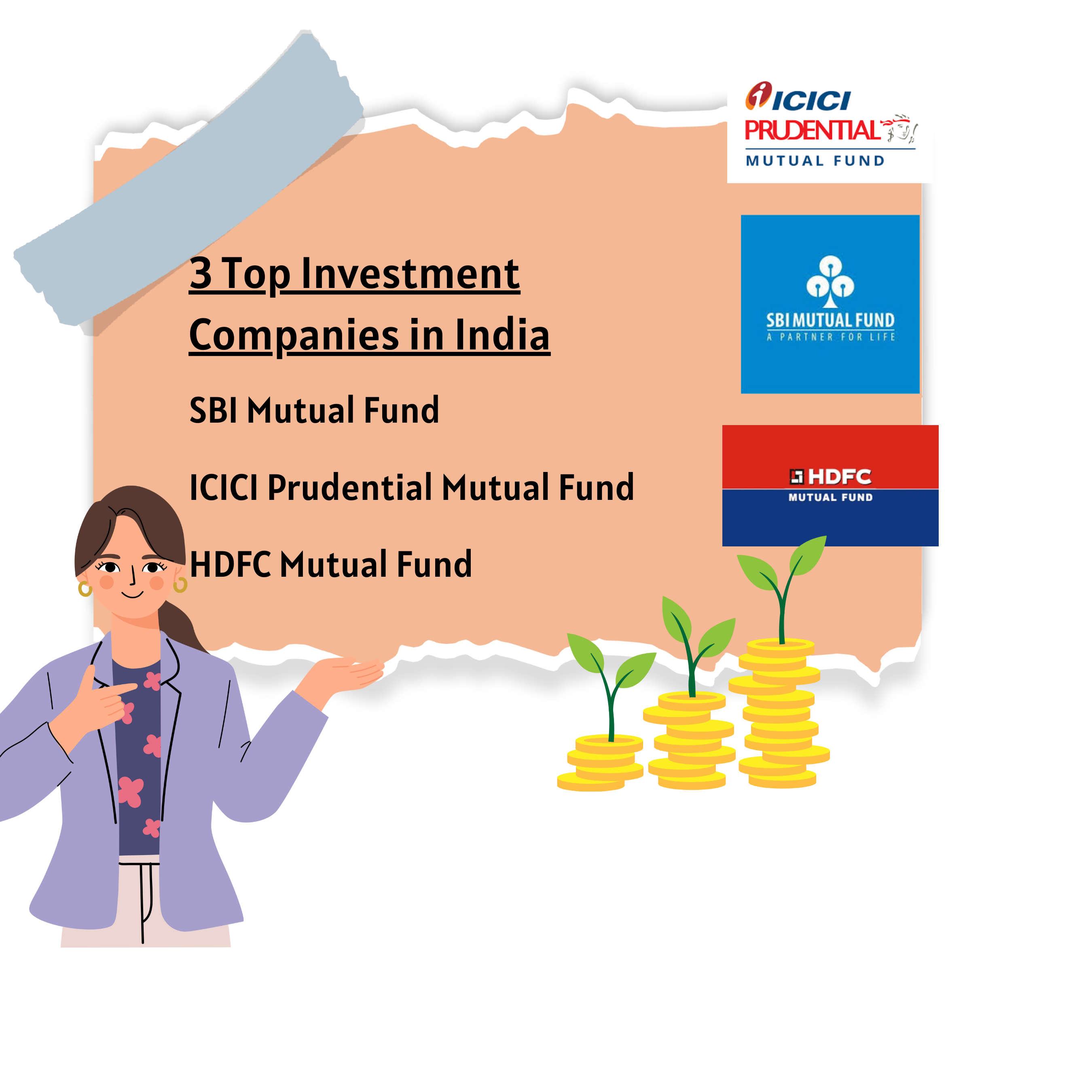7 Best Ways of Tax Planning For Salaried Employees

Do you find tax planning difficult as a salaried employee? You will not (after this guide). Although, there are numerous challenges that you might face as a salaried person. From control over income to limited scope of deductions, there may be a lot of variables involved. But that does not mean that you cannot have control over your hard-earned money.
Here we will cover all the ways through which you can manage your hard-earned money well. Let’s start with the basics and see what tax planning is for salaried employees and why it is important.
What is Tax Planning for Salaried Employees?
Tax planning for salaried employees involves strategically arranging their finances to minimise the amount of income tax they have to pay. This can include investing in tax-saving instruments like provident funds, life insurance, and equity-linked saving schemes. By taking advantage of deductions and exemptions provided by the government, salaried employees can reduce their taxable income and ultimately pay less tax.
Now that you know what tax planning for salaried employees is, let’s take a look at why it is important for salaried employees to plan taxes.
Why is it important for salaried employees to plan their taxes?
Planning your taxes is the best thing you can do to yourself as a salaried employee. Here are 8 reasons why you need tax planning.
Maximise Take-Home Pay
Planning taxes helps you minimise the amount of tax deducted from your salary, ensuring you keep more of your hard-earned money.
Utilise Deductions and Credits
By planning ahead, you can take advantage of available deductions and tax credits, such as those for education expenses, home ownership, or charitable contributions, which can reduce your taxable income.
Budgeting
Knowing how much tax you’ll owe allows you to budget effectively, ensuring you have enough funds set aside to meet your tax obligations without disrupting your financial plans.
Plan for Future Goals
Tax planning can also help you align your financial goals, such as saving for retirement or buying a home, by optimising your tax strategies to support these objectives.
Reduce Stress
Being proactive about tax planning reduces the stress of last-minute scrambling during tax season and helps you feel more in control of your finances.
Stay Compliant
Understanding your tax obligations and planning accordingly helps you stay compliant with tax laws, reducing the risk of audits or legal issues down the line.
Opportunity for Savings
Effective tax planning may uncover opportunities for additional savings, such as contributing to tax-advantaged retirement accounts or utilising tax-deferred investments.
Long-Term Financial Health: By consistently planning and managing your taxes, you can contribute to your long-term financial health, ensuring you’re in a better position to achieve your financial goals and secure your future.
Peace of Mind
Ultimately, tax planning provides peace of mind, knowing that you’ve taken the necessary steps to minimise your tax burden legally and responsibly, allowing you to focus on other aspects of your life with confidence.
If you are on your financial planning journey as a salaried employee, having a bird’s eye view of these reasons would help you greatly. Now that you know about the reasons why tax planning is important, let’s take a look at how you can do it.
Tax Planning For Salaried Employees: 7 Ways
From maximising retirement contributions to taking advantage of employee benefits, there are several ways of tax planning for salaried employees. Let’s take a look at each one of them one by one.
Maximise Retirement Contributions
One of the most effective ways to reduce your taxable income is by contributing to retirement accounts such as a 401(k) or IRA. These contributions are typically made with pre-tax dollars, meaning they lower your taxable income for the year. Additionally, many employers offer matching contributions to retirement accounts, providing you with even greater savings.
Take Advantage of Employer Benefits
Beyond retirement plans, many employers offer other tax-advantaged benefits such as health savings accounts (HSAs) or flexible spending accounts (FSAs). Contributions to these accounts are often made with pre-tax dollars, reducing your taxable income. HSAs, in particular, offer the additional benefit of tax-free withdrawals for qualified medical expenses.
Claim Applicable Deductions and Credits
As a salaried employee, you may be eligible for various deductions and credits that can lower your tax liability. Common deductions include those for mortgage interest, property taxes, charitable contributions, and certain work-related expenses. Additionally, tax credits such as the Earned Income Tax Credit (EITC) or the Child Tax Credit can provide significant savings for eligible individuals.
Use Tax-Advantaged Investments
Investing in tax-advantaged accounts such as a Roth IRA or a Health Savings Account (HSA) can offer additional tax benefits. While contributions to Roth IRAs are made with after-tax dollars, qualified withdrawals are tax-free, providing valuable tax diversification in retirement. Similarly, HSAs offer triple tax benefits—contributions are tax-deductible, earnings grow tax-free, and withdrawals for qualified medical expenses are tax-free.
Plan for Tax Withholding Adjustments
Review your tax withholding periodically to ensure it aligns with your current tax situation. Adjustments may be necessary if you experience significant life changes such as marriage, divorce, the birth of a child, or changes in income. Failing to adjust your withholding could result in either underpayment or overpayment of taxes, potentially leading to penalties or missed opportunities for savings.
Stay Informed About Tax Law Changes
Tax laws and regulations are subject to frequent changes, which can impact your tax planning strategies. Stay informed about any updates or reforms to ensure that you’re taking advantage of all available opportunities for tax savings. Consulting with a tax professional or financial advisor can help you navigate these changes and make informed decisions.
Plan for the Long Term
Effective tax planning isn’t just about minimising your current tax liability; it’s also about positioning yourself for long-term financial success. Consider how your tax planning decisions today will impact your future financial goals, such as retirement or homeownership. By taking a proactive and holistic approach to tax planning, you can maximise your savings and build a solid financial foundation for the future.
By now, you know why tax planning for salaried employees is important and how you can do it. With this, you are equipped to have a strong financial plan. With the 7 ways on how you can plan taxes as a salaried person, you have a clear roadmap. If you need more such helpful guides, keep an eye on the NewsCanvass space.









